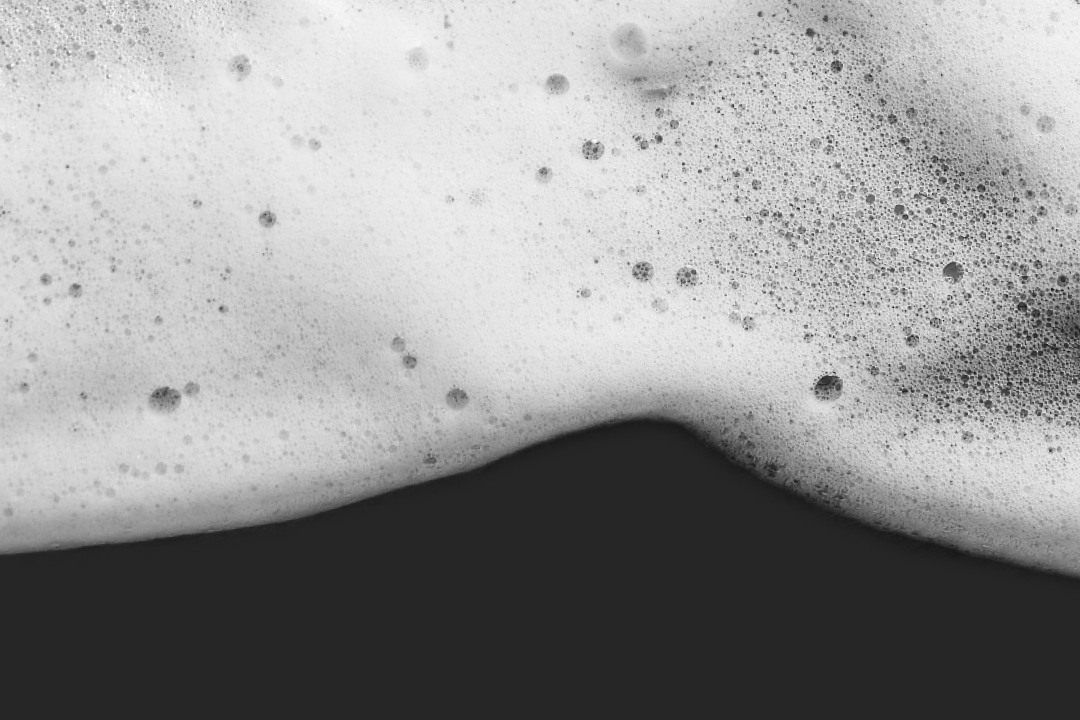What Does Biodegradable Mean? Everything You Need To Know
We all want to do our part to help keep our environment as clean as possible. It is well documented that a crucial part of that is how we dispose of our waste. As it currently stands, our landfills are overwhelmed and overflowing with absurd amounts of waste, the large majority of it being plastic that cannot break down in a reasonable timeframe.
As a result, it just stays there, exposed to sunlight and humidity causing it to emit chemicals such as methane, carbon dioxide, and other greenhouse gases.
As the demand for products increases, so does how much we will inevitably throw in the trash. Since this trash is filled with inorganic compounds, it will then end up either sitting in a landfill or polluting our water sources. It is necessary that we look for another way. That is how the concept of biodegradable products came about.
If you are wondering what exactly biodegradable means, you are not alone. The truth is that there is a good amount of debate over the topic, and there is not necessarily a strict definition.
This vagueness leads to many problems, especially when consumers buy a product thinking that it is better for the environment due to its “biodegradable” label. In reality, this word is often used as little more than a marketing tool to make a manufacturer’s product seem more appealing than it likely would be otherwise.
While touting something as biodegradable is certainly eye-catching when seen in an ad on Facebook, Instagram, and other social media platforms, that does not mean that the adjective is actually doing much to help us in the long run.
Are Biodegradable Materials Better for the Environment?
When inquiring about whether biodegradable materials are better for the environment or not, the answer will depend on what exactly you are comparing them to. When compared to sticking compostable materials into a home compost or industrial composter/compost facility, the answer is absolutely not.
As for what compostable means, compostable products will break down naturally in a reasonable timeframe when given the correct environment, temperature, and circumstances. The end result is a nutrient-rich soil substance that is beloved by farmers and home gardeners alike.
The process of composting takes place when micro-organisms and fungi feed off of natural elements. So, if you are really looking to help the environment with how you waste, you should look into a compost pile or commercial composting facility near you.
What is Biodegradable Plastic? Is It Bad?
Biodegradable plastic and compostable plastics are also commonly referred to as “bioplastics.” They are created using plant materials rather than fossil fuels, meaning that their creation process is inherently better for the environment than their other plastic counterparts. That said, bioplastics are far from a perfect solution when it comes to saving the planet.
Regular plastic is degradable, meaning that it will eventually break down into smaller pieces or a powder, eventually becoming what is known as microplastic. Microplastic still can do great harm to our environment and our oceans.
Meanwhile, bioplastics are considered biodegradable, so it will eventually break down into water and carbon dioxide if given enough time and the conditions it needs.
There is a clear discrepancy between biodegradable plastics that break down quickly (in weeks or months) and ones that take much longer. The ones that take longer are often referred to as being “durable.”
Bioplastics are made of at least 20 percent renewable materials, which is certainly a significant step up from the manufacturing methods of typical plastic. Most bioplastics still have to be disposed of in a special compost facility to actually be given the right circumstances they need.
It is not ideal for bioplastics to end up in a traditional landfill or among recyclables in a facility. When biodegradable plastics are put in landfills, it can increase methane production and prevent the plastics from biodegrading correctly.
If bioplastics were to end up in a recycling facility, they could actually contaminate entire batches of recycling.
When this happens, all of that recycling is considered no longer viable, meaning that everything in the batch can no longer be recycled and now becomes waste.
What Is Biodegradable Waste?
Biodegradable waste is anything that can be broken down naturally. If this seems like a somewhat broad definition, that is because it is. For something to be biodegradable, it has to break down relatively quickly using microbes and through exposure to the elements.
If given enough time, this waste will eventually return itself to the soil. That being said, it does not produce the same plentiful benefits for fertilizing soil-like compost inevitably does when in the right conditions.
So, What Items Are Not Biodegradable? Are These Bad for the Environment?
It is certainly true that a product classified as “biodegradable” is not enough to make it good for the environment. At the same time, materials that are not given that certification are certainly much worse. If something cannot be classified as biodegradable,it means that it will not break down naturally.
Instead, it will inevitably cause more pollution for the earth (the absolute last thing we need). It will not decompose through natural processes. Since this degradation process is generally agonizingly slow, it is also much easier for non biodegradable materials to build up and accumulate, adding to pollution over time.
Conclusion
While biodegradable products may be a step in the right direction, there is still so much more work to be done. Together, we can innovate to help the planet.
Sources:
The Truth About Bioplastics | Columbia
Bioplastics – Are They As Good as They Seem? | Environmental Center


